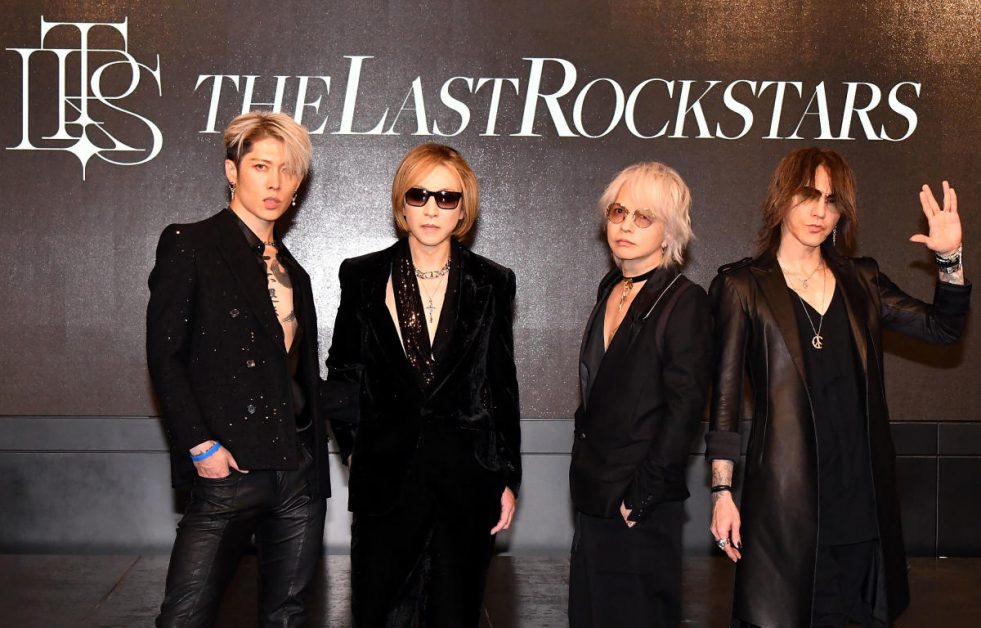Zero Waste to Zero Emission
Written by on January 27, 2023
One of the leading causes of climate change is unmanaged waste and at the recently held COP27 last November 2022, the continuing struggle to reach the Global Methane Pledge, which recognizes that reducing methane, a greenhouse gas over 80 times as potent as CO2, is critical to achieving the Paris Climate Agreement’s goal of limiting global warming to 1.5˚C.
Waste is the third largest source of methane, primarily from landfilling organic waste. Tackling this greenhouse gas globally remains on the agenda of countries committed to putting forward the Global Waste Initiative 50, which hopes to catalyze both adaptation and mitigation solutions by treating and recycling 50% of the waste produced by 2050. Both the Global Methane Pledge and the Global Waste Initiative 50 signal how countries are recognizing the potential of Zero Waste to help meet climate targets affordably and effectively by introducing better waste management policies.
Zero Waste, therefore, is an essential tool for climate adaptation, particularly for communities at the frontlines of the climate crisis. Approaches such as composting to reduce pollution prevent disease vectors and boost soil resilience while also combating floods and droughts that threaten food security. Such approaches also create jobs while lowering waste management costs. These and other affordable, fast-acting Zero Waste strategies are vital and should be included in international climate financing to ensure that money is going to communities already building grassroots climate solutions, not to polluting waste management projects.
To date, more than 25 cities across the region have established Zero Waste models, showcasing innovations in source separation, organics management, materials recovery, and plastic regulation. Several of these cities have also incorporated waste assessment brand audits (WABA)*. In their baseline studies, exposing plastic waste was one of the most problematic aspects of their waste streams. With various government initiatives such as plastic bans to reduce the number of carrier bags and plastic straws, challenges in dealing with the volume of single-use plastics (SUPs) render governments to spend millions of funds in transportation costs for landfilling, or even incineration.
These pressing issues and concerns, from addressing climate challenges, reducing gaps, and highlighting impactful initiatives and policies to meet our global targets, serve as the focal agenda in this year’s International Zero Waste Cities Conference 2023 (IZWCC 2023). Held previously in Malaysia (2019), the Philippines proudly takes on the hosting conference baton this year.
Aptly themed Zero Waste to Zero Emission, the International Zero Waste Cities Conference will gather government officials, civil society organizations, and Zero Waste communities and practitioners from cities in India, Indonesia, the Philippines, Vietnam, South Korea, the United States, Europe, and Africa in a two-day conference at Seda Hotel, Quezon City on 26 – 27 January 2023.
For details, visit izwcc.zerowaste.asia
For photos and videos click here: Link to photos and video news release
The International Zero Waste Month is made possible in partnership with the following media outlets: Advocates (Philippines), Bandung Bergerak (Indonesia), Business Ecology (China), The Business Post (Bangladesh), The Manila Times (Philippines), Pressenza (Global), Rappler (Philippines), Sunrise Today (Pakistan), The Recombobulator Lab (Global), and Republic Asia.
Zero Waste Month celebrations originated in the Philippines in 2012 when youth leaders issued a Zero Waste Youth Manifesto calling for, among other things, the celebration of a Zero Waste Month. This was made official when Presidential Proclamation No. 760 was issued, declaring January as Zero Waste Month in the Philippines. It was then promoted widely by NGOs and communities that had already adopted this approach to manage their waste.
GAIA is a network of grassroots groups as well as national and regional alliances representing more than 1000 organizations from 92 countries.
For more information, visit www.no-burn.org and zwmonth.zerowaste.asia or follow GAIA Asia Pacific on social media: Facebook, Twitter, Instagram, YouTube, and TikTok.
* Waste Assessment and Brand Audit (WABA) is a methodical process of collecting and analyzing waste to determine the amount and types of waste generated by households and cities and identify which brands are responsible for producing certain percentages of the collected waste.
watch avatar the way of water full movie
watch avatar the way of water full movie
watch avatar the way of water full movie






